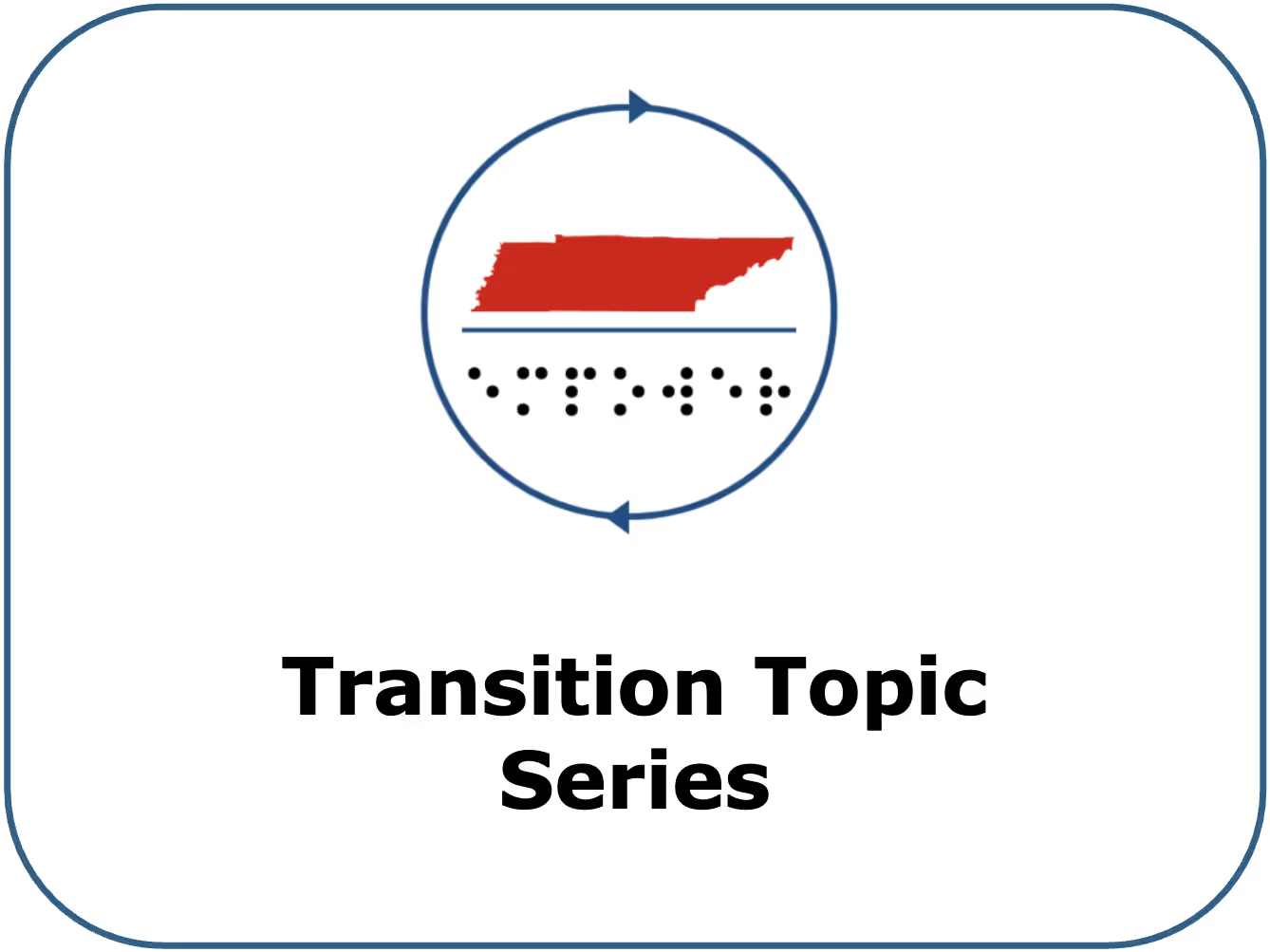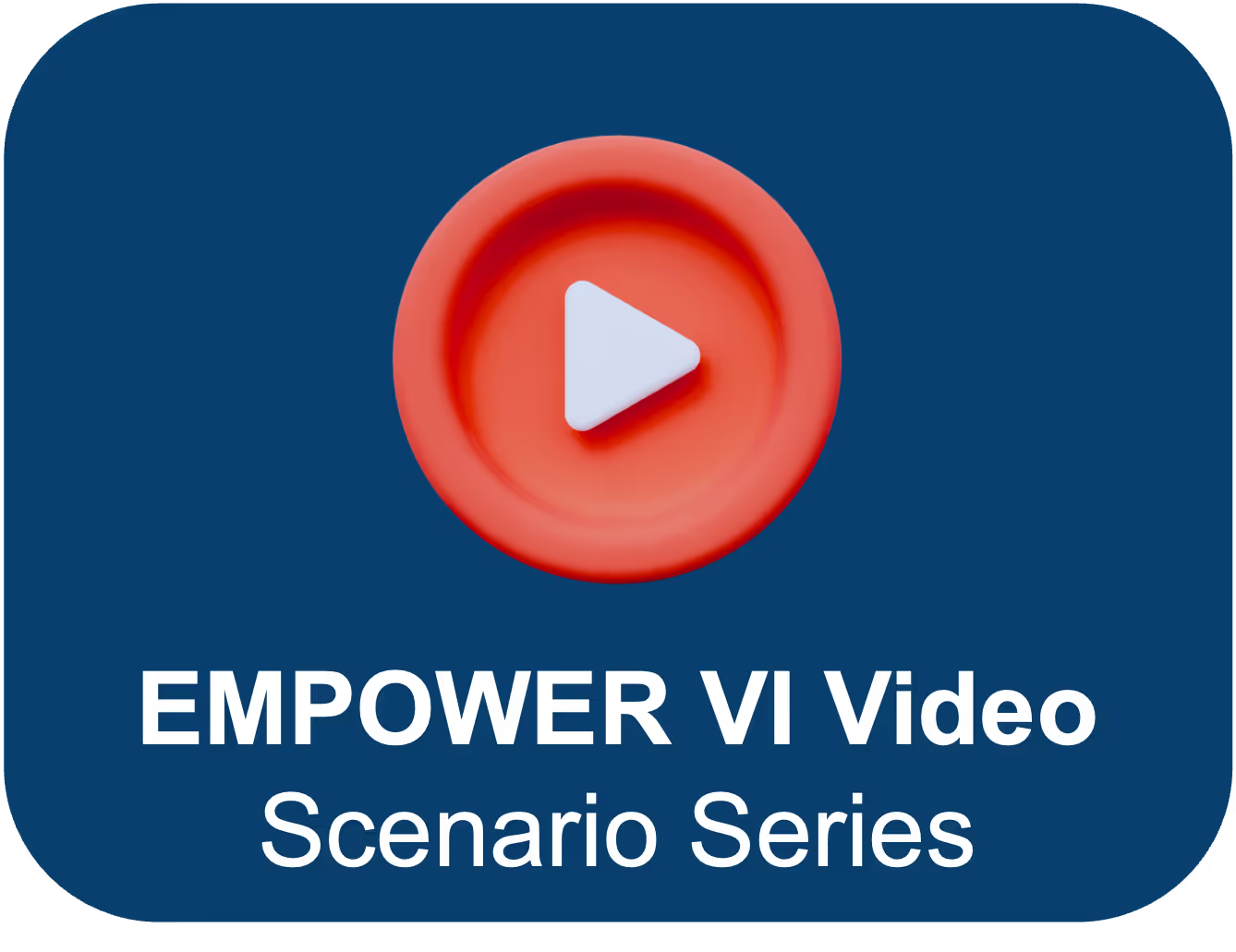Postsecondary Education Options Definitions There are several different options for continuing your education after high school. As a young person, you need to determine the type of postsecondary education program or degree(s) that are necessary for the field of work in which you are interested. This is because not all careers require a 4-year college degree! Some of the most common postsecondary education options include:
Traditional 4-year College or University. These programs offer Bachelor’s degrees as well as graduate-level degrees (e.g., Master’s degree, Doctoral degree) in specific majors of interest. Colleges of Applied Technology. In Tennessee, these are called TCATs. These programs focus on preparing young adults for specific trades using hands-on learning (e.g., auto mechanics). Community College. Community colleges provide coursework related to broader fields (e.g., hospitality, child development) as well as coursework to support the completion of general education requirements (e.g., English, Math). Community colleges enable you to earn an associate’s degree. Some individuals may choose to attend a community college first and then transfer their credits to a 4- year college or university. Apprenticeship. An apprenticeship is a work-based learning experience. During this experience, an individual receives on-the-job training and classroom instruction to learn new skills and apply these skills to a job under the supervision of a mentor. Upon completing an apprenticeship, you can earn an industry-recognized credential. Life Skills Program or Training Center. Some young adults may not have the academic and/or social skills to attend four-year colleges or universities, two-year colleges, or vocational-technical programs. Life skills programs or training centers provide career and technical education to prepare individuals with disabilities for greater independence and competitive integrated employment in their local communities. As well, these programs may provide opportunities to increase basic academic skills as well as social and life management skills. Guiding Questions What are your employment and career goals? Do you know what kind of postsecondary education, if any, is required for your career field of interest? To what extent have you shared about your postsecondary education plans with your family and teachers? What are their thoughts? Have you participated in any activities to learn more about postsecondary education options? Examples include visiting college campuses, looking at admissions requirements, tuition rates, and disability services offices, and exploring financial aid options. Are you interested in living at home or going away to school? Are you interested in living in a dorm, an apartment, or a house? What are you mostexcited or nervous about when thinking about post-secondary education? Do you know anybody personally who attended either a four-year college, community college,or other options? What was their experience like? Resources Postsecondary Education Options After completing this course, you will be able to:
Compare postsecondary education options. Understand factors to consider when selecting a postsecondary education placement. Access resources to learn more about postsecondary education options and supports that can help you on your educational journey. Introduction to Higher Education Accommodations- for Students (EMPOWER VI) Through this course, you will explore examples of accommodation applications and general student access websites for a technical college, community college, and 4-year university.
My Next Move from O*Net This virtual platform houses great free resources for exploring college and career pathways. These resources can also help you identify postsecondary education requirements for various careers of interest. Note: the O*Net Interest Profiler assessment, found under the Discover You Interests section, is not fully screen reader accessible. We recommend your child/student complete this assessment with support.
Postsecondary Education Options - ConnectCenter (aphconnectcenter.org) To help you decide if attending college is for you, it is important to fully understand the postsecondary education options available to you after high school and the differences between each option. This course from the American Printing House for the Blind (APH) ConnectCenter can help you explore postsecondary options.
Rural Youth Apprenticeship Toolkit This toolkit discusses apprenticeship programs for youth with disabilities in rural areas, focusing on challenges like transportation, internet access, and employer partnerships.






